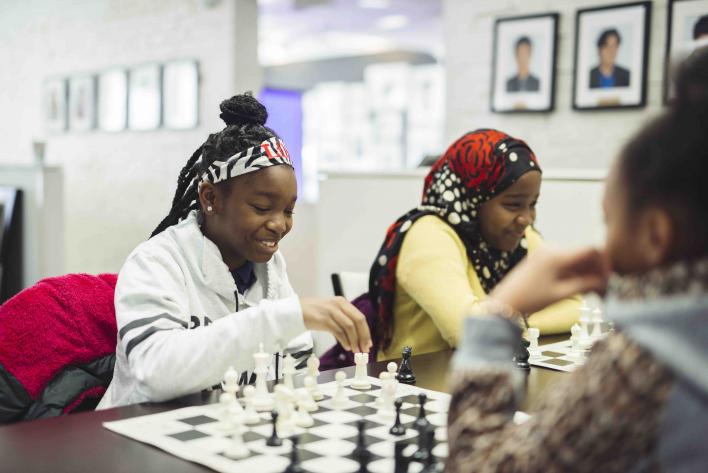
by Paul Schwent, Scholastic Instructor
Nothing crushes a beginner's love of chess quicker than getting annihilated at the board. For a six or seven year old just learning the game, the result of their first few games can be the difference between getting excited about the game of chess that can grow into a lifelong passion and never wanting to see a chess board again.
It is for this reason that opening principles must be learned early in a player’s development. While it is difficult to win games with just opening knowledge alone, you will most certainly lose without it. If you can’t get out of the opening with a good structure, then the rest of your game is up hill. There will be no opportunity for swashbuckling tactics or stellar positional play, much less a dazzling checkmate. You will simply try to survive until you lose and that is NOT fun.
So openings must come first. Not the Spanish or the Queen’s gambit mind you. Opening lines can, and should, come later. When teaching the opening, you just have to focus on three general principles:
1. Control the center: It is important to stake your claim to the center early, especially for beginning players, otherwise they can get constricted and overwhelmed.
2. Develop your pieces (never move the same piece twice): Make sure your entire army is in the fight.
3. Protect the king: Always castle and get the king out of the center early.
These practical pieces of advice may not always lead to victory, but they can often prevent the beginning player from being crushed, which will keep them coming back to the board. Opening principles must be taught first, because at the end of the day, the most important thing you can teach a beginning chess player is a love of the game.


